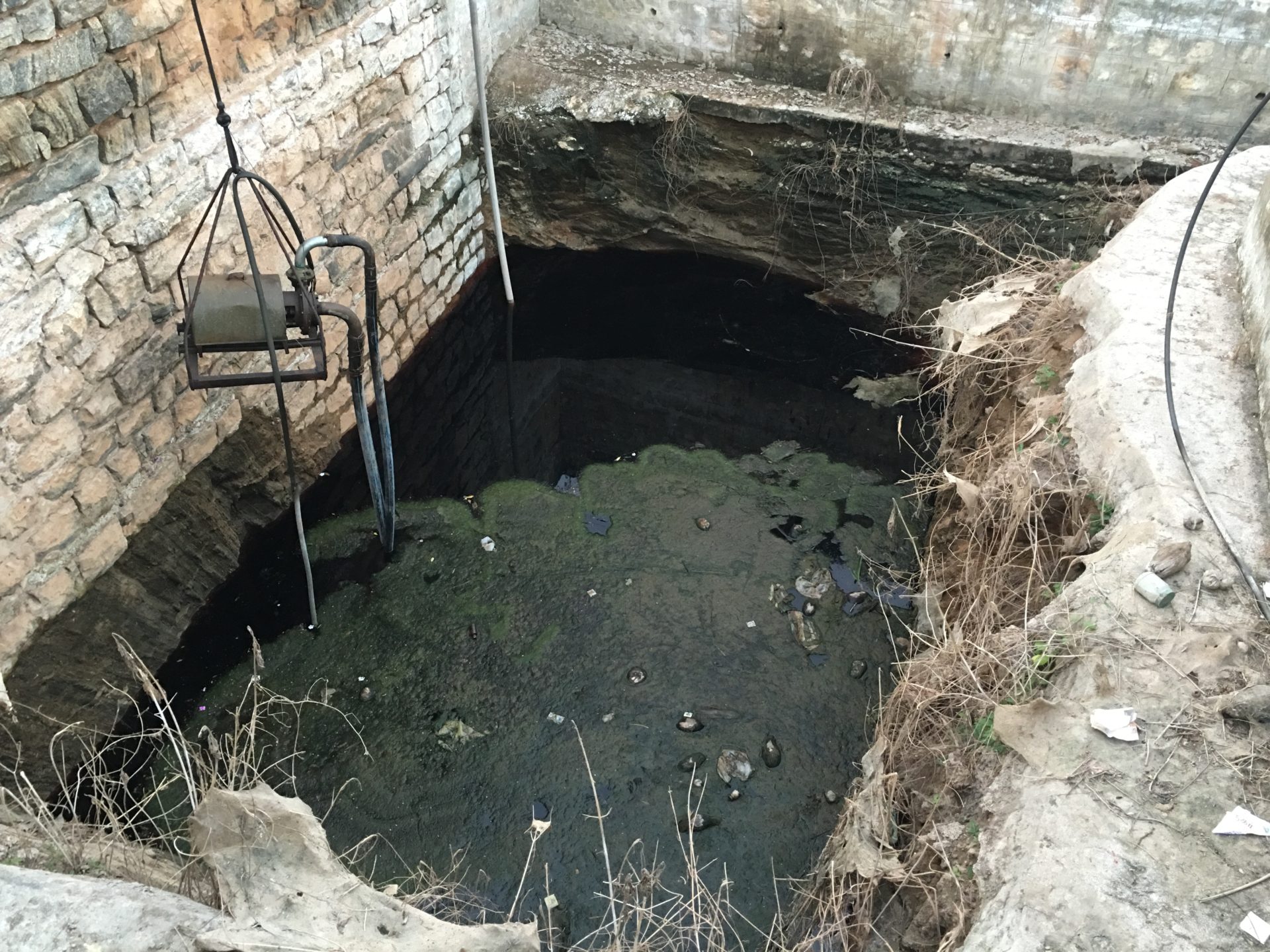The vital role of groundwater in water security
Groundwater plays a vital role in both water security and public health. In the face of climate change and unpredictability as well as growing demands and competition we are now seeing an increasing dependence on this resource at domestic level, by households that self-supply or opt to go off-grid.
Thereby, these households are expected to meet their human right to safe drinking water. By ignoring the need to invest in groundwater resource monitoring and planning, governments are not only missing a tremendous opportunity but jeopardize water resources management of future generations. In a new article SIWI’s Dr Jenny Grönwall, Advisor on Water Policy and Rights, sheds light on the issue of groundwater self-supply through a human rights lens. The research for this article was supported by the UNDP-SIWI Water Governance Facility.
Globally, some 2.5 billion people depend solely on groundwater to satisfy their daily drinking water needs. Many of them do this by self-supplying from a dug well, spring or borehole. These groundwater users range from the poorest members of society, left with a few alternatives other than to dig their own shallow well, to the upper strata belonging to the new off-grid movement who invest in modern technology. The water can either be used for any and all domestic purposes, or only for non-potable uses. There are many reasons why a household or community may want or need to take charge of its own water supply. An area may be difficult to reach or have too low a population density to warrant municipal water distribution; or the water supply is unpredictable, inadequate or rationed during dry seasons. It may make more economic sense for an individual to have a well of one’s own, or even to invest in a deep borehole and solar powered pump technology to lessen the impact when tariffs increase.
State governments have an obligation to realize the right to safe drinking water for all. This involves a duty to directly provide households that cannot, by their own means, organize access to water. However, the international human rights framework stipulates that services provision is a ‘last resort’ solution. Instead, the state must enable end-users to pursue self-supply in a sustainable manner and ensure there is adequate awareness and knowledge regarding if and when drinking water is safe. Governments are also liable to safeguard the (ground)water resources and their quality by having protection measures and strategies in place.
What this new research stresses, says Jenny Grönwall, is that such situations are likely to increase when flooding or prolonged drought forces the state to step in to assist, because households or communities can no longer reasonably provide themselves from the underground reserves beneath their feet. Preparedness for this requires better groundwater resource mapping, monitoring and planning than today. It also necessitates action to recharge aquifers in different ways. Finally, many policy and regulatory steps are needed alongside guidelines and awareness-raising to make sure that groundwater can continue to be used.
The research was supported by the UNDP-SIWI Water Governance Facility








